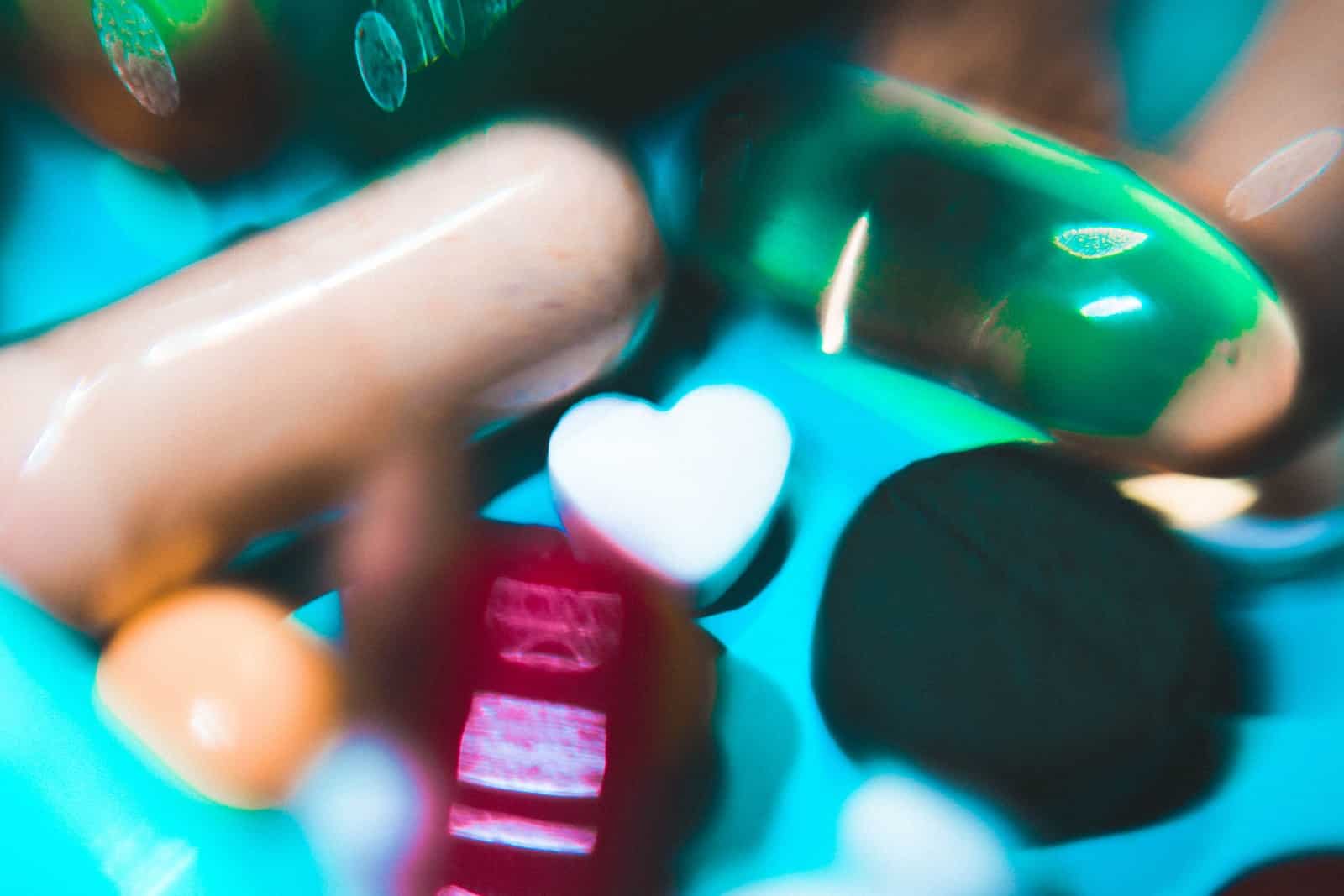In August 2013, three months after Xi Jinping entered the Chinese government, a corruption scandal broke out in the national medical system, skilfully exercised by the multinational pharmaceutical companies based in that country. The campaign launched to settle responsibilities ended with the arrest of four senior officials of the British multinational GlaxoSmithKline (GSK) and the barring of 18 other senior officials from leaving the Asian country. At the time, the official Xinhua news agency said that some of those under investigation were …suspected of offering bribes to doctors while asking them to prescribe more drugs in order to increase sales volume; and at the same time pushing up prices….
According to a study carried out at the time, just ten years ago, the pharmaceutical sector, due to the corruption they themselves promoted, had to increase the retail price of medicines by 20%. On that occasion, several companies in the sector, including Johnson & Johnson, were sanctioned. Thanks to the extensive coverage by the Chinese news agency, we now have valuable details of how the pharmaceutical companies acted in order to sell a drug for respiratory patients in 10 hospitals in the capital of Henan province, Zhengzhou: …they invited doctors to attend high-level academic conferences to help them gain influence in their fields. They also established good personal relationships with doctors by servicing their pleasures and offering them money to prescribe more drugs.
A sales representative of those groups (GSK) even claimed that she went into doctors’ offices and even catered to their sexual needs, stating that the company’s executives in China knew everything that was going on, and that some of them even set a target, however, to increase business in that area by 30%.
Shortly after the investigation, two months later in July, GlaxoSmithKline (GSK) admitted that it had replaced its head of that subsidiary, Mark Reilly, with the Frenchman Hervé Gisserot. AstraZeneca, France’s Sanofi and US-based Eli Lilly were also investigated, albeit to a lesser extent. The latter also paid 22 million euros in the United States in December 2012 to close allegations that its employees gave money and gifts to officials in China, Brazil, Russia and Poland. Pfizer, one of the world’s largest pharmaceutical companies, based in the US, had accepted a year earlier a payment of 45.3 million euros due to the same circumstances.
On that occasion the Food and Drug Administration confirmed the need to take expeditious measures, crackdowns, again. It should not be forgotten that years earlier, in 2007, the head of the FDA, Zheng Xiaoyu, was sentenced to death and executed because he accepted money in exchange for allowing counterfeit products to be marketed.
The names in the article are certainly recognisable in health markets around the world.
The news over the past 10 years of multi-million dollar payoffs by pharmaceutical companies when they are caught in the act makes us think that we humans are just customers, guinea pigs in some cases, and mere numbers in annual profit and loss reports.
According to a ranking updated to 1 January 2023, the five largest companies in the world in terms of market capitalisation, or what they are worth, would be: Johnson & Johnson ($440.04 billion), Eli Lilly ($320.13 billion), Novo Nordisk ($314.65 billion), Merk ($275.14 billion) and Abbvie ($261.18 billion). The stock market update was done as of 2021. Today, other companies, such as Pfizer, have undoubtedly risen in the world ranking of stock market profits.
The professional portal es.statista.com, in its statistics section, gives us the revenue figures for pharmaceutical companies worldwide, including the figure for 2021, which was around 1.40 billion US dollars. With this figure, all is said and done. What they pay for the lawsuits or for the revelry of some people linked to the health sector, be they doctors, nurses, politicians, etc., is mere pocket money. We will not say, like the Chinese Government or the Queen of Hearts in the story of Alice in Wonderland, “Off with their heads!!!”, but perhaps we could comment that from time to time an example could be made of some of these companies or some of these so-called merchants, who abound in the public and private health system of any country in the world.
Sources:
EL PAIS newspaper, Monday 5 August 2013, author José Reinoso. https://es.statista.com/estadisticas/635153/ingresos-mundiales-del-sector-farmaceutico/





